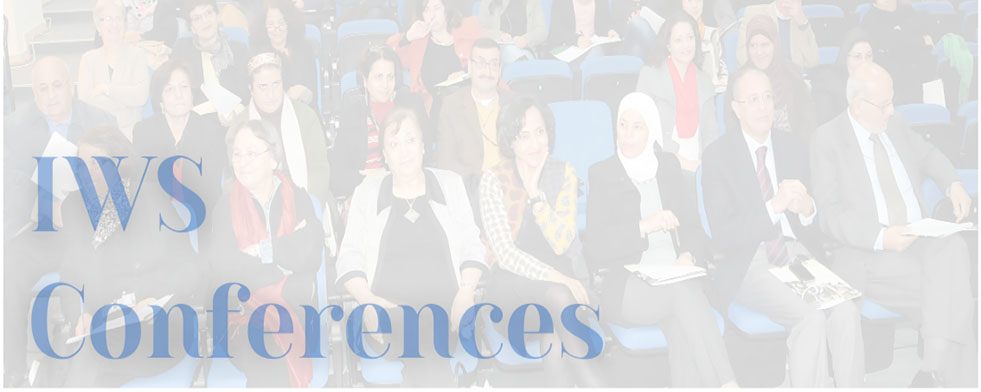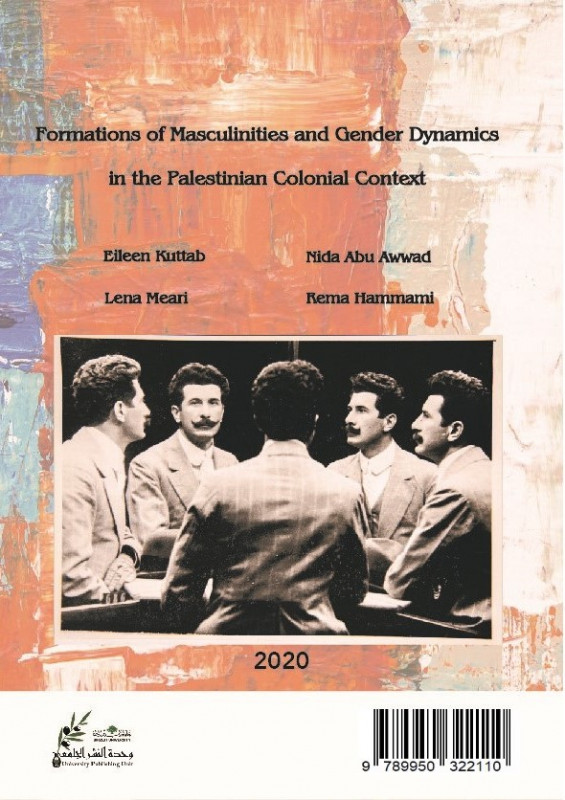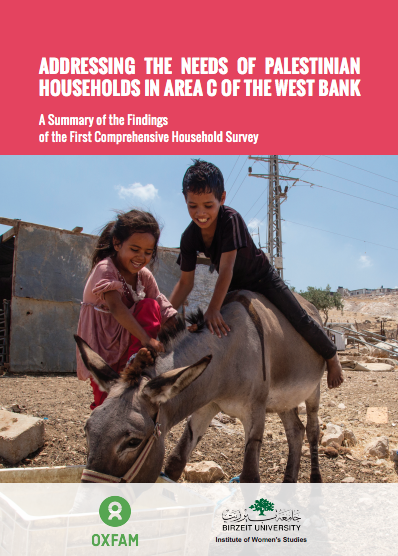Women empowerment toward treated waste water reuse: reconnect practical and strategic woman needs in Palestinian rural area pdf
Year: 2013
Author: Hanadi Badr
Supervisor: Marwan Ghanem
Discussion Committee: Rema Hammami & Nidal Mahmoud
Abstract
The issue of reuse of treated wastewater is suggested as a solution that might partially resolve the global and domestic water crisis as well as protecting the environment and the food security. But the reuse of treated wastewater is still being faced with stiff social resistance that necessitates the research in the social aspects in order to identify the reasons for this resistance and its ties the public empowerment and especially the women’s empowerment.
Women’s empowerment affects and is affected by the community’s social, political, economic and environmental conditions where the topic of women’s empowerment and attempting to measure it in many studies is being introduced in order to understand the society’s context or to implement developmental projects . yet, there has been any study on the effect of the women’s empowerment on the acceptance of the reuse of the treated wastewater in the Palestinian rural areas.
The main objective of this thesis is the effect of the women’s empowerment in the Palestinian rural areas on the acceptance of wastewater treatment projects and the reuse of it and investigating the affect of women’s training in the issues of reuse of treated wastewater on their acceptance of reuse of that treated water.
This study has been conducted in two phases. The first phase was on the institutional level where it concentrated on the issus of reuse of treated wastewater in the agendas of the environmental institutions that operates in Palestine.
The second phase is a study conducted on a sample of 120 women divided into groups of 60. The impact of 10 days of training on wastewater and the reuse of treated wastewater has been studies through a questionnaire containing two variables: “empowerment” and the acceptance of the reuse of the treated wastewater”. The questionnaire has been filled out before and after training program. The statistical analysis method (SPSS) has been used to obtain the results.
Download



